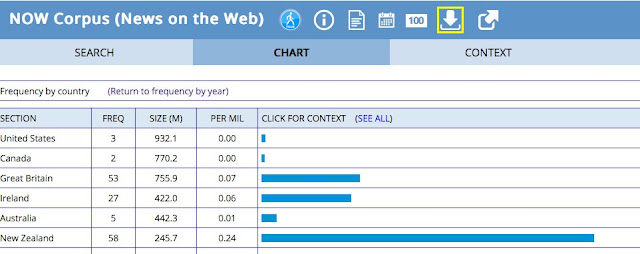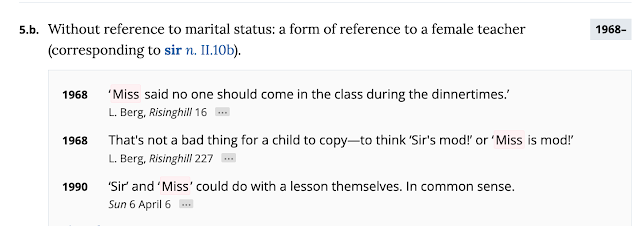Smylers got in touch recently with this observation:
I found myself being surprised by the word “mobility”, and was wondering if there's a BrE/AmE difference? Enterprise Rent-a-Car emailed to say they're introducing a new brand: Enterprise Mobility.
That made me think of vehicles adapted for wheelchair users, or those who otherwise have limited personal mobility. But apparently it's the overall brand for various transport services; “mobility” is being used to mean “travelling in a vehicle”, rather than “travelling on foot”.
There's no reason why the unqualified word should have one or the other meaning. But to my British brain, “mobility” makes me think of “mobility scooters” or “mobility aids” — such as those provided by Mobility People, whom you linked to in 2008:
It's an interesting one.
The word mobility seems a bit more common in BrE in the the News on the Web corpus: you find about 11 mobility per million words in the US, versus about 13 per million in the UK. Those British uses tend to relate to a couple of domains: physical (dis)ability and social class.
It's not that Americans don't use mobility in that way. You can definitely find phrases like mobility scooter (as can be seen at this US electric wheelchair retailer) in AmE. (Though when I asked my brother what those things are called, he didn't use the word mobility, just scooter.) Nevertheless, this (dis)ability-related use of mobility used a lot more in BrE:
The (dis)ability-related uses of mobility really take off in this corpus after 2021. For instance, mobility issues (which could refer to different kinds of mobility, but mostly doesn't) had only 0.30 per million (across countries) in 2019, but 0.85 per million in 2022.
Both AmE and BrE use mobility for metaphorical movement, as in social mobility.
 |
| mobility + noun |
 |
| Noun + mobility |
 |
| Adjective + mobility |
Some of the uses, for example, commercial mobility, refer to means of transport(ation), and that's the use that Enterprise is picking up on in their branding. So there we go! It does look like branding that would work better in the US than the UK. Thanks, Smylers!





























